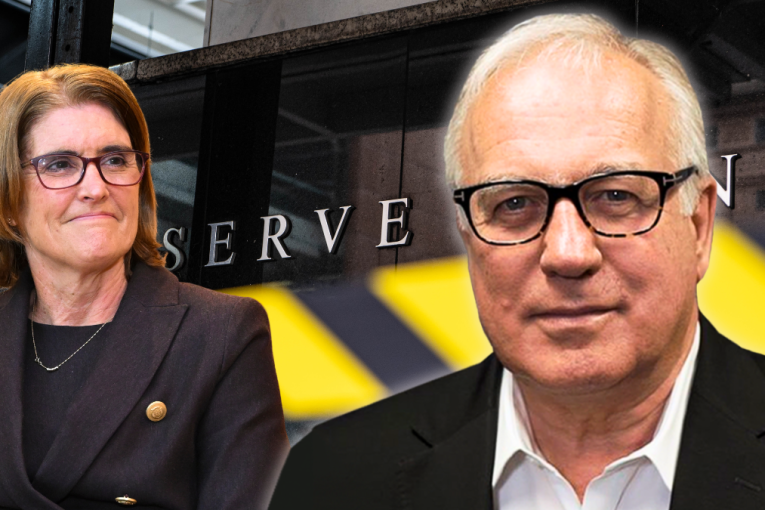Investing for kids: The key points to consider before getting started


Kids are skipping the piggy bank and heading straight for the sharemarket. Photo: TND/Getty
Forget the piggy bank – Australian kids under 12 are already sharemarket investors, though experts say more attention should be paid to financial education.
Finder’s Parenting Report 2021 found that 7 per cent of children under 12 have a share trading account in their name.
Two per cent of children under 12 have a cryptocurrency account and 58 per cent have a savings account.
Enrich Investing founder Nikki Hill said she’s had clients who have bought shares on behalf of their children, and she even gifted her stepson shares on his 18th birthday instead of a car.
When it comes to children having investments, Ms Hill said parents need to ask themselves two questions:
- Does holding an investment under a child’s name make sense from a tax perspective?
- And is the purpose of the investment to teach the child about finance, or to give them a head start?
Tax penalties
Ms Hill said the tax office is focused on who beneficially owns an investment.
If a parent is holding an investment in their child’s name, and only the child benefits from the investment, that is taxable to the child.
The child can generally only earn up to $416 per year tax-free on their investment income – if they earn anything above that, they could face tax rates of up to 66 per cent.
Ms Hill said it might be better to hold an investment in a family trust and earmark it for the child rather than hold it in the child’s name while they are still a minor.
The downside of that plan is that when it comes time to transfer the investment to the child’s name when they turn 18, parents will face capital gains tax, she said.
“There are other ways to set aside funds for children later in life, which doesn’t have to be in their name,” she said.
Ms Hill said it might be a good idea just to save money to give to your child when they need it, such as when they are entering the property market.
However, she said parents should consider striking a balance between helping their child and educating them.
“You don’t necessarily want to be giving children too much,” Ms Hill said.
“You really want them to make it their own journey of investment and making money work for them.”
Earning v learning
Ms Hill said if parents hold an investment for their child, they should inform them of their decision and help them track the investment to learn more about it – even if it’s not in the child’s name.
She said children under 12 might be too young to understand investing, but could benefit from being educated on regular savings.
Children between 12 and 16 could be taught about shares, and from 18 onwards they should be encouraged to actively invest in shares, Ms Hill said.
She said she thinks it is “crazy” financial literacy is not taught in school.
“It’s one of those fundamental skills that people should have as much as reading and writing,” Ms Hill said.
She said it was “a real downfall in the education system” that someone could get a credit card and not know that “what comes in should be more than what goes out”.
A lack of education around investing has also led young adults to think investing is about rushing into popular shares without really understanding what they are investing in, Ms Hill said.
“That is gambling,” she said.
“I think general financial literacy is really lacking.”
Note: Information outlined in this article is general in nature and does not take into account readers’ personal circumstances. Readers should consider if the advice is appropriate for them before acting on it, seek personal financial advice and read the relevant product disclosure statements before making any investment decision.








